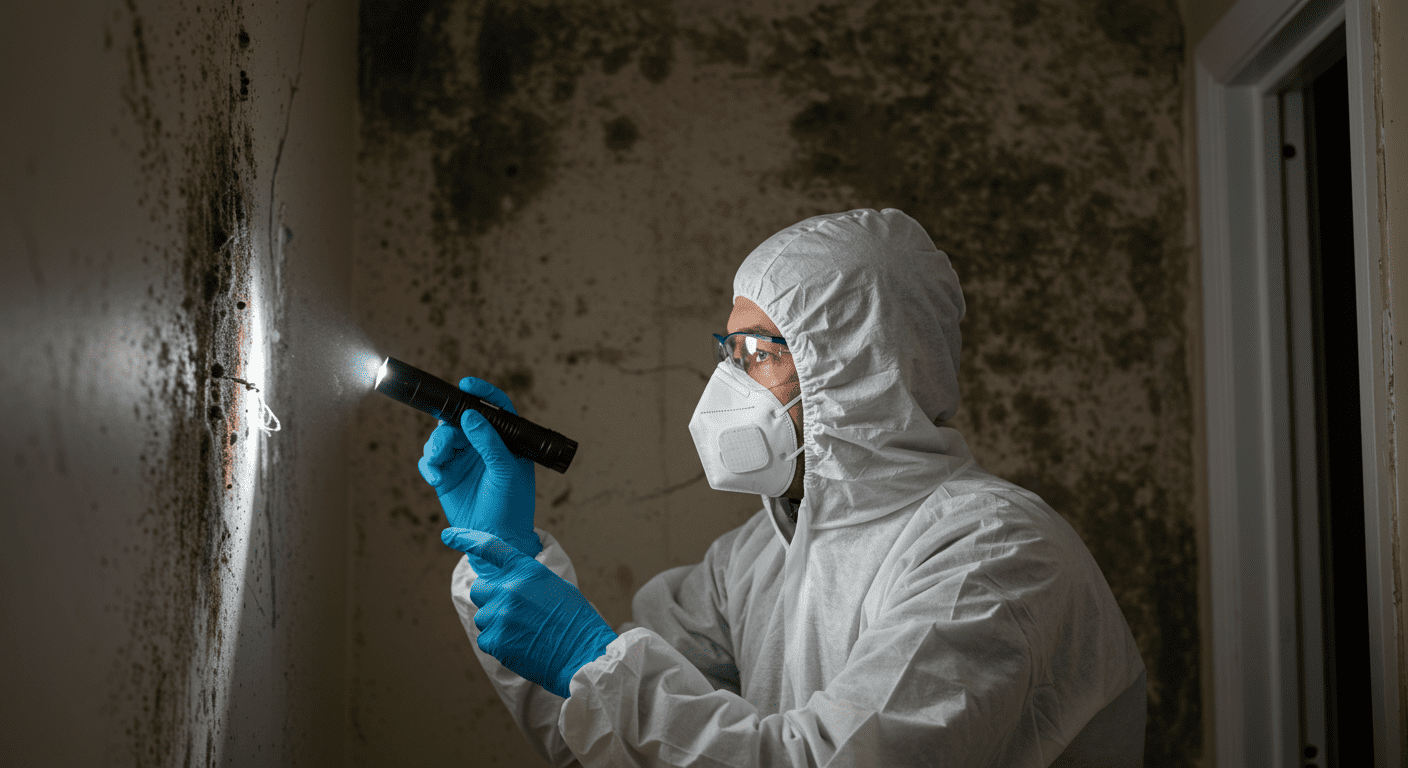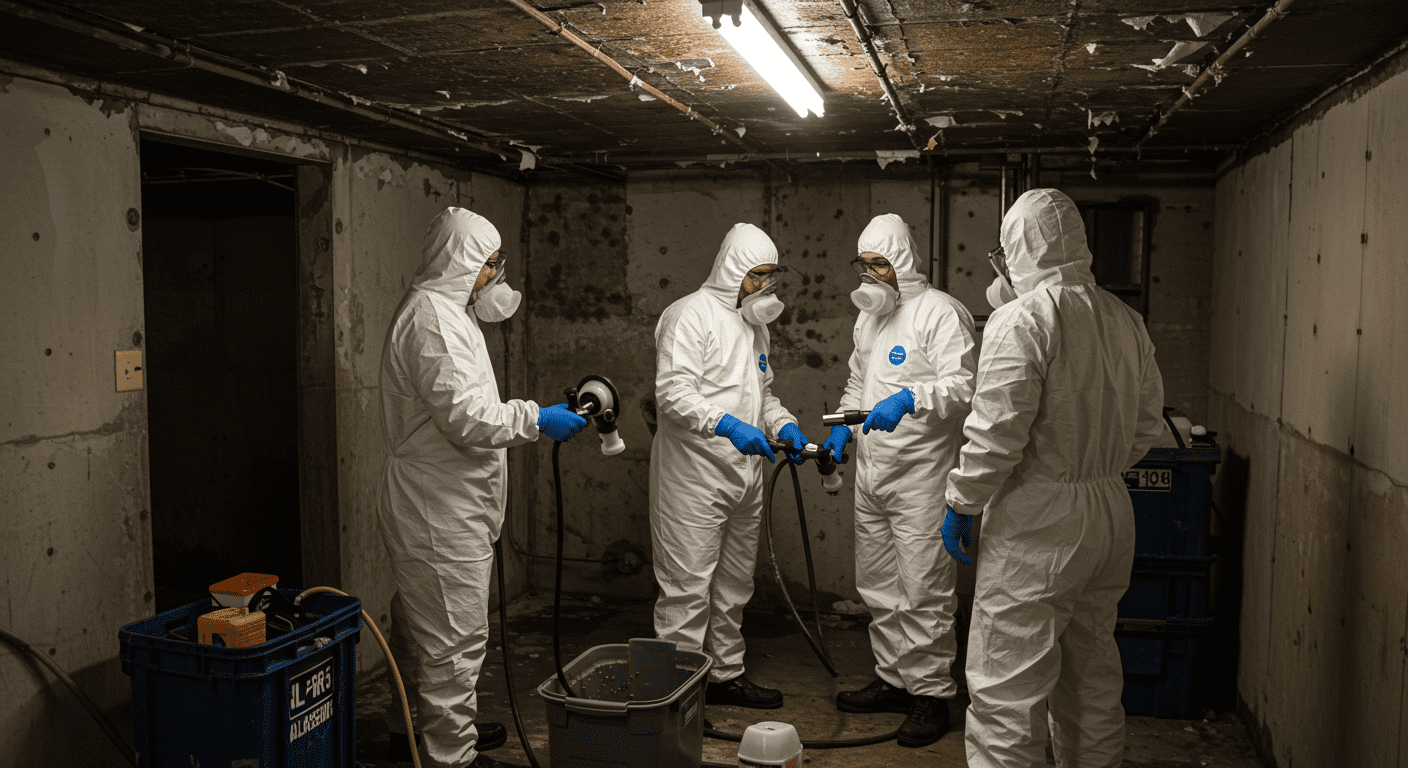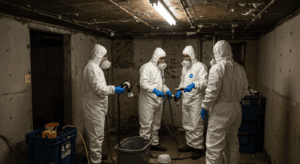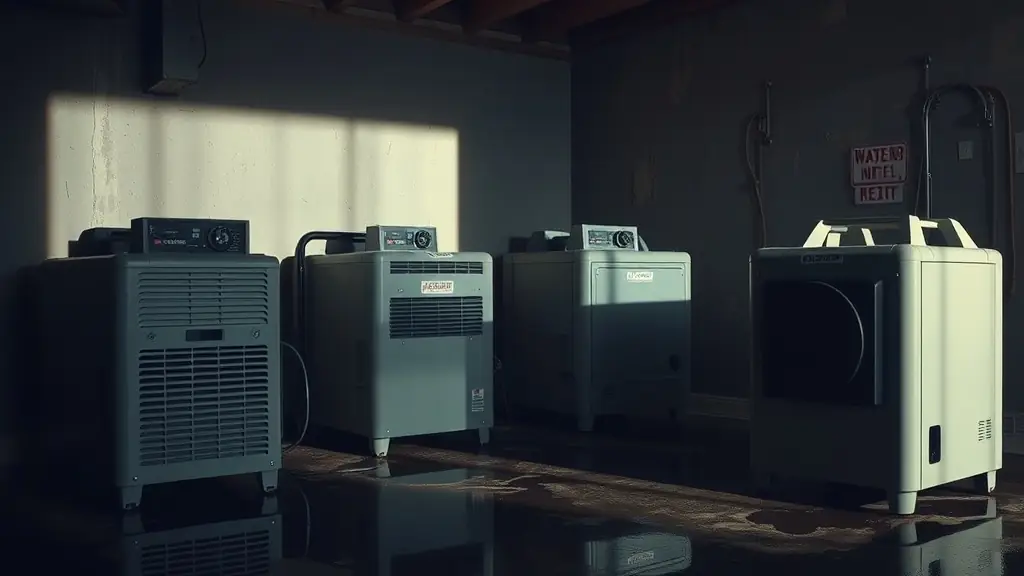Mold is a persistent problem that can affect the health and safety of residents, especially in areas like Hoboken, NJ, where older buildings and humid conditions can exacerbate mold growth. Understanding the local laws and regulations surrounding mold remediation is essential for homeowners, tenants, and landlords. This guide provides a detailed overview of mold remediation laws in Hoboken, NJ, and offers practical advice on addressing mold issues effectively.
Overview of Mold Remediation Laws in Hoboken, NJ
Introduction to the Ordinance
Hoboken, NJ, has specific regulations in place to ensure that mold issues are addressed promptly and effectively. These laws are part of broader health and safety ordinances designed to protect residents from the harmful effects of mold exposure. The city mandates that property owners and landlords are responsible for maintaining mold-free living conditions. Failure to comply with these regulations can result in fines and legal action.
Importance of Mold Regulation for Residents
Mold regulations are crucial for safeguarding public health. Mold growth can lead to structural damage in buildings and pose significant health risks to occupants. By enforcing mold remediation laws, Hoboken ensures that residents live in safe and healthy environments. These regulations also provide a framework for resolving disputes between tenants and landlords regarding mold issues.
Health Risks Associated with Mold Exposure
Common Health Issues Linked to Mold
Mold exposure can cause a range of health problems, particularly for individuals with allergies or respiratory conditions. Common symptoms include coughing, sneezing, skin irritation, and eye redness. Prolonged exposure to mold can lead to more severe health issues, such as asthma attacks and chronic sinus infections.
Vulnerable Populations at Risk
Certain groups are more susceptible to the adverse effects of mold exposure. These include children, the elderly, and individuals with compromised immune systems. Pregnant women and people with pre-existing respiratory conditions are also at higher risk. Understanding these vulnerabilities underscores the importance of addressing mold problems promptly to protect the most at-risk populations.
Steps for Identifying and Reporting Mold Issues
Visual Inspection Techniques
Identifying mold in your home often begins with a visual inspection. Look for visible signs of mold growth, such as black or green spots on walls, ceilings, or floors. Mold often thrives in damp areas like bathrooms, basements, and kitchens. A musty odor can also indicate the presence of mold, even if it is not immediately visible.
How to Report Mold Problems in Hoboken
If you discover mold in your home or rental property, it is essential to report it to the appropriate authorities. Tenants should notify their landlords in writing and document the issue with photographs. If the landlord fails to address the problem, residents can contact Hoboken’s health department for assistance. The city provides resources and guidelines for resolving mold-related disputes and ensuring compliance with local laws.
Hiring Professional Mold Remediation Services
Tips for Selecting Qualified Contractors
When dealing with significant mold issues, hiring a professional remediation service is often the best course of action. Look for contractors who are licensed and certified in mold remediation. Check online reviews and ask for references to ensure the company has a proven track record. It is also advisable to get multiple quotes to compare services and pricing.
Understanding the Remediation Process
Professional mold remediation typically involves several steps, including containment, removal, and prevention. Contractors will first isolate the affected area to prevent mold spores from spreading. They will then remove the mold using specialized equipment and cleaning agents. Finally, they will address the underlying cause of the mold, such as a water leak, to prevent future growth.

Addressing mold issues in Hoboken, NJ, requires a thorough understanding of local laws and proactive measures to ensure a safe living environment. By following the guidelines outlined in this article, residents can effectively manage mold problems and protect their health and property.



